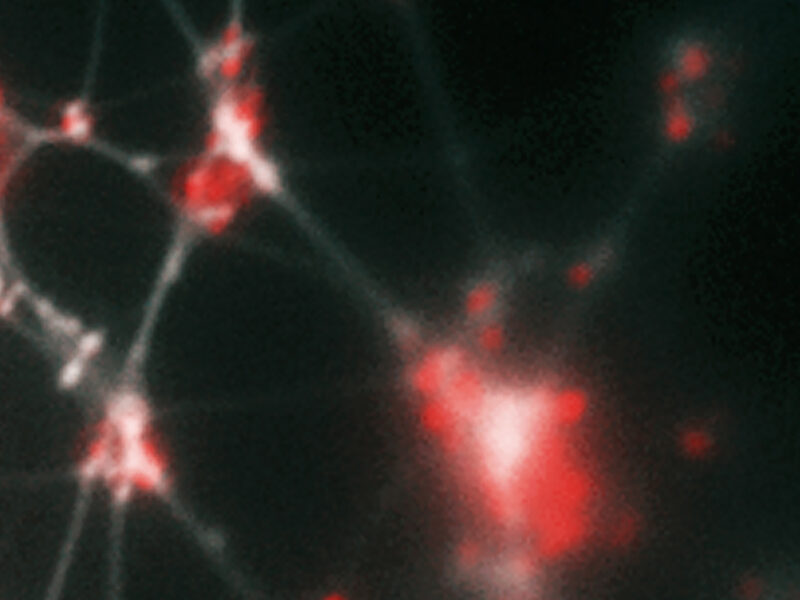GERD Less Likely Cause of Irritability and Back Arching in Infants
GERD Less Likely Cause of Irritability and Back Arching in Infants https://pediatricsnationwide.org/wp-content/uploads/2022/07/AdobeStock_48244950-1024x683.jpg 1024 683 Lauren Dembeck Lauren Dembeck https://pediatricsnationwide.org/wp-content/uploads/2021/03/Dembeck_headshot.gif- January 08, 2024
- Lauren Dembeck

In infants, frequent irritability and arching of the back can be concerning to parents and providers. These symptoms are often attributed to gastroesophageal reflux disease (GERD), a disease in which the lower esophageal sphincter does not close or opens at the wrong time. As a result, food and stomach acid can come back up into a baby’s esophagus, which can cause pain from irritation.
“In an attempt to lessen the burning sensation in the esophagus, providers will sometimes treat the reflux by giving acid-suppressing medications,” said Sudarshan Jadcherla, MD, neonatologist and principal investigator at the Center for Perinatal Research at Nationwide Children’s. “However, irritability and arching can have many causes, so it is really important to get an objective, definitive diagnosis of GERD before initiating such medications because they can have adverse effects, such as increased infection risks, inadequate digestion and malabsorption of nutrients, iron-, calcium-, and vitamin deficiencies, and osteopenia. Additionally, the true origins of the infants’ symptoms may be left unaddressed.”
In a recent study published in The Journal of Pediatrics, Dr. Jadcherla and researchers in the Abigail Wexner Research Institute at Nationwide Children’s Hospital have found that infants who express irritability and arching of their backs likely are not suffering from GERD.
“At Nationwide Children’s, we can do 24-hour pH impedance studies, which measure the amount of reflux, both acidic and nonacidic, in the esophagus, allowing us to definitively determine whether or not a baby’s symptoms are related to GERD,” explained study author Erika Osborn, MS, APRN, NNP, BC, neonatal nurse practitioner for the Neonatal & Infant Feeding Disorders Program at Nationwide Children’s.
The study included 516 symptomatic infants born at a median gestational age of 30 weeks who were evaluated for GERD using 24-hour pH-impedance studies at median postmenstrual age of 42 weeks in the Nationwide Children’s Neonatal Intensive Care Unit (NICU). The researchers examined potential risk factors, comorbidities, and refluxate characteristics in relation to arching and irritability among the infants.
They found that only 8% of arching/irritability events occurred after acid reflux, and when comparing acid GERD biomarkers in infants with frequent and infrequent arching and irritability, no association was found. In fact, 92% of arching/irritability events were determined to be from other internal and external reasons.
“This knowledge can help lessen the unnecessary prescription of GERD-related medications to these infants and increase the consideration of other factors contributing to arching and irritability,” said Dr. Jadcherla, who was senior author of the study.
Clinical risk factors associated with irritability and arching were preterm birth, moderate or severe neuropathology, chronic lung disease, and the presence of oral feeding at testing.
“It is important for providers to educate parents that these symptoms are not necessarily related to reflux and may improve or resolve with time as the baby continues normal development,” added Osborn, who has worked in the NICU for close to 30 years and has contributed to gastrointestinal research with Dr. Jadcherla’s team for the past 7 years.
“If a symptomatic baby does not improve after caretakers address benign causes, for example, more frequent diaper changing, burping, or holding the baby, pediatricians should consider referral to a GI specialist rather than starting an acid-suppressing medication,” said Dr. Jadcherla, who is also medical director of the Neonatal and Infant Feeding Disorders Program at Nationwide Children’s. “Every baby is very unique, and therefore, we need to gather objective evidence to personalize their therapies.”
Reference:
Njeh M, Helmick R, Alshaikh E, Marcano K, Alexander A, Osborn E, Jadcherla SR. The Irritable Infant in the Neonatal Intensive Care Unit: Risk Factors and Biomarkers of Gastroesophageal Reflux Disease. J Pediatr. 2023 Sep 29;264:113760. doi: 10.1016/j.jpeds.2023.113760. Epub ahead of print.
About the author
Lauren Dembeck, PhD, is a freelance science and medical writer based in New York City. She completed her BS in biology and BA in foreign languages at West Virginia University. Dr. Dembeck studied the genetic basis of natural variation in complex traits for her doctorate in genetics at North Carolina State University. She then conducted postdoctoral research on the formation and regulation of neuronal circuits at the Okinawa Institute of Science and Technology in Japan.
- Lauren Dembeckhttps://pediatricsnationwide.org/author/lauren-dembeck/
- Lauren Dembeckhttps://pediatricsnationwide.org/author/lauren-dembeck/
- Lauren Dembeckhttps://pediatricsnationwide.org/author/lauren-dembeck/
- Lauren Dembeckhttps://pediatricsnationwide.org/author/lauren-dembeck/January 29, 2019







